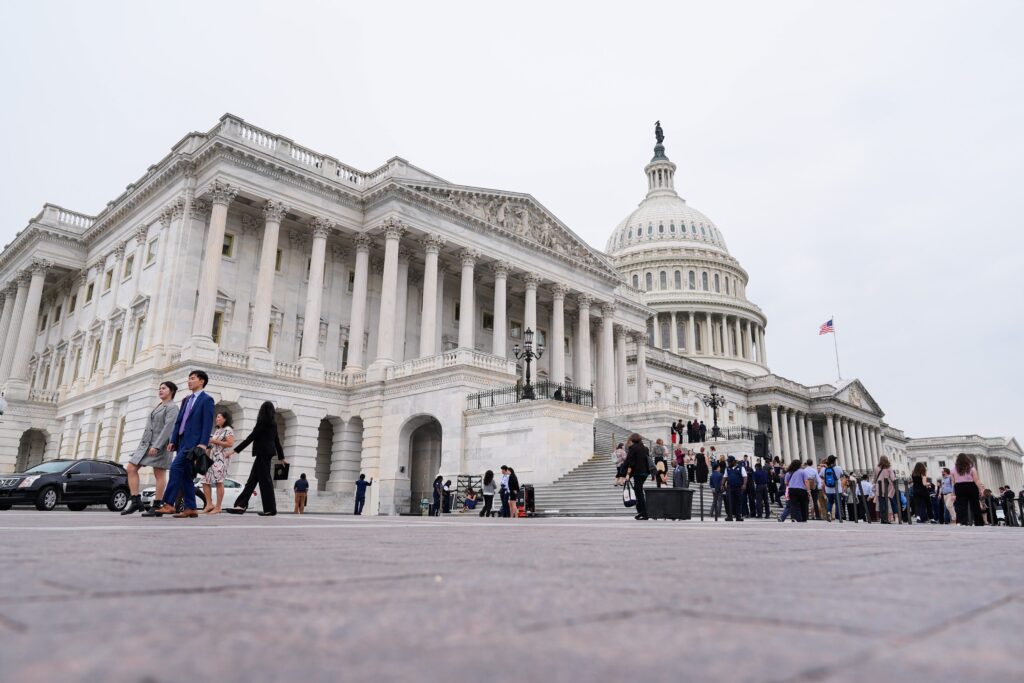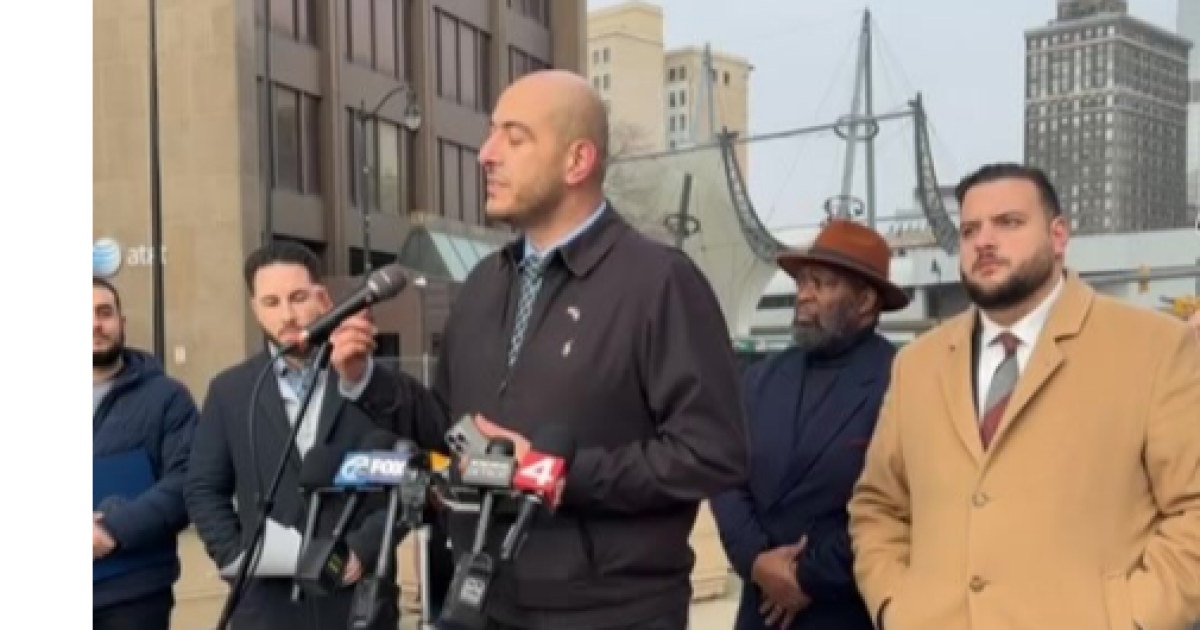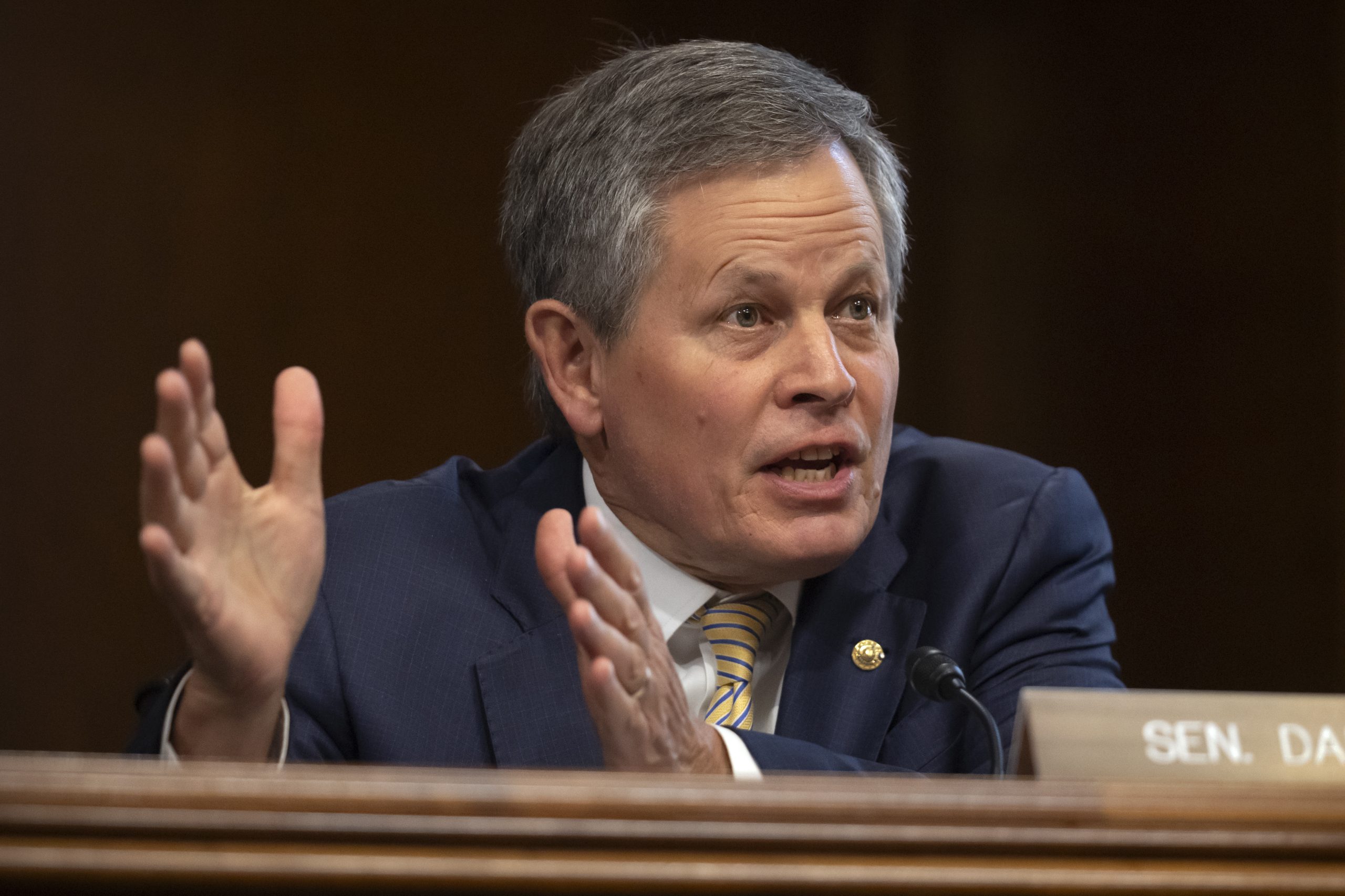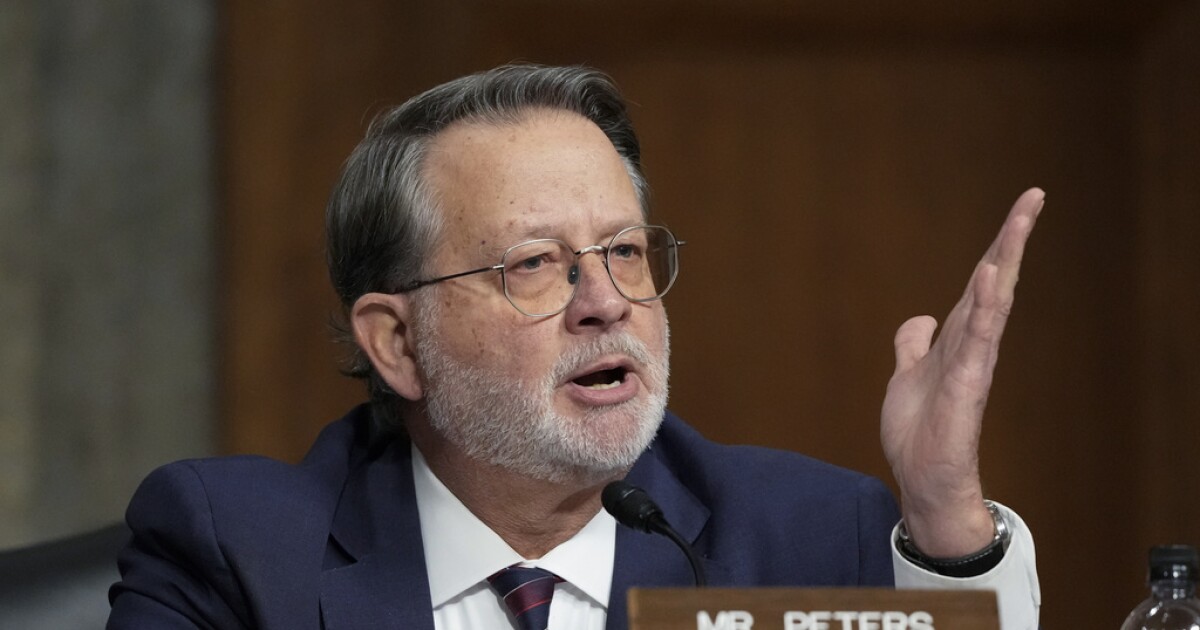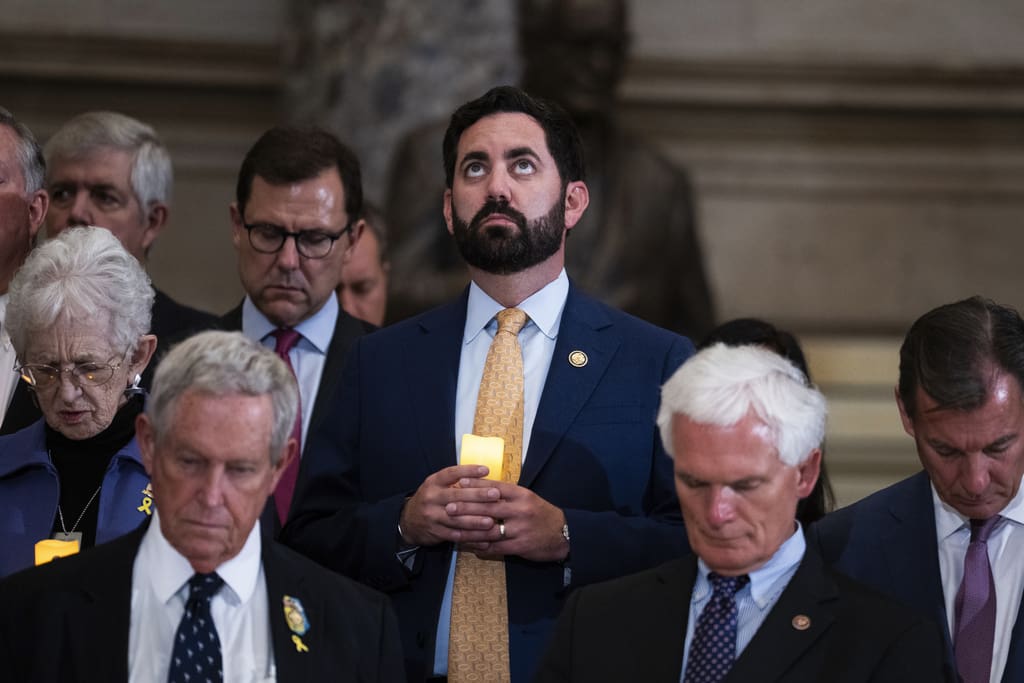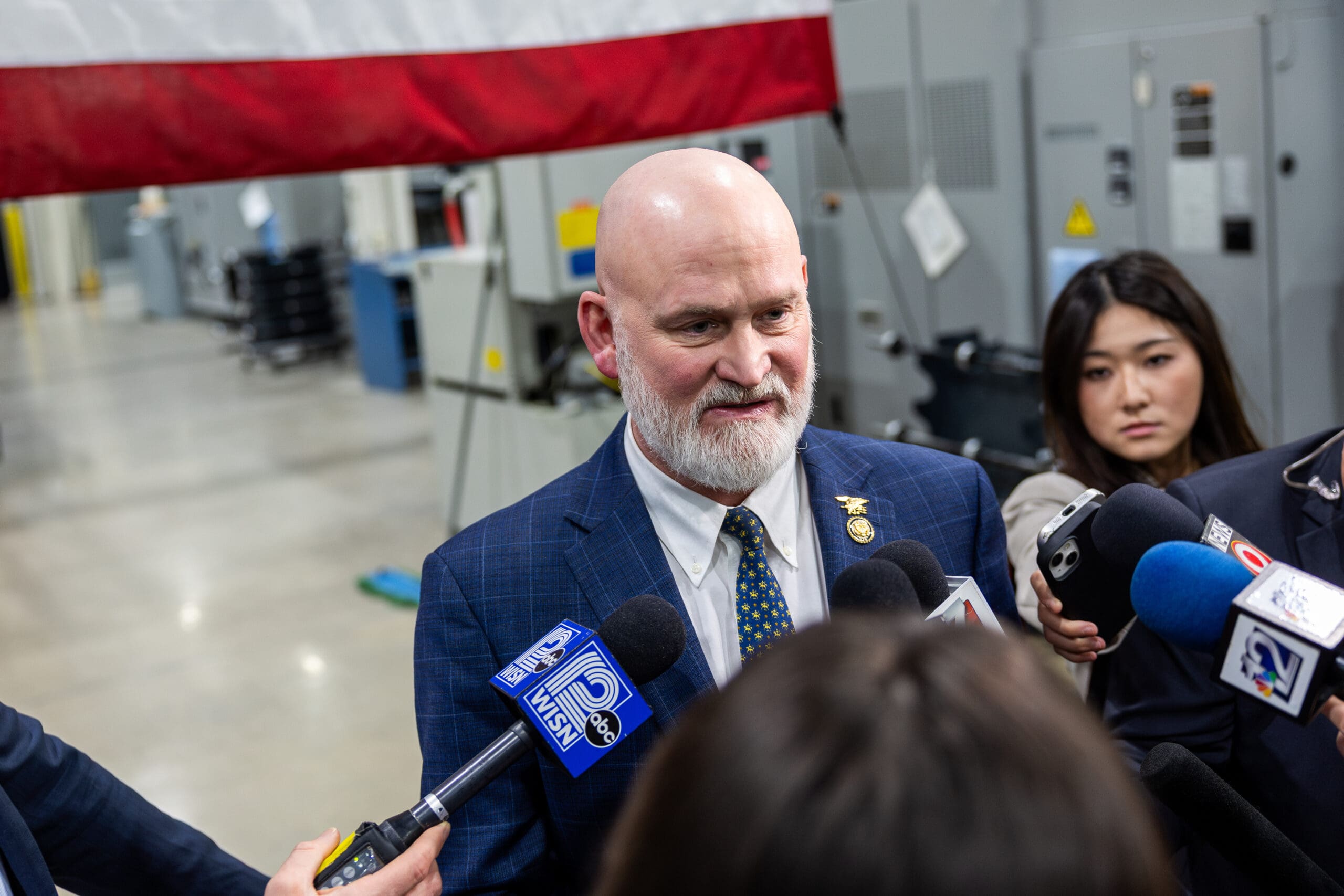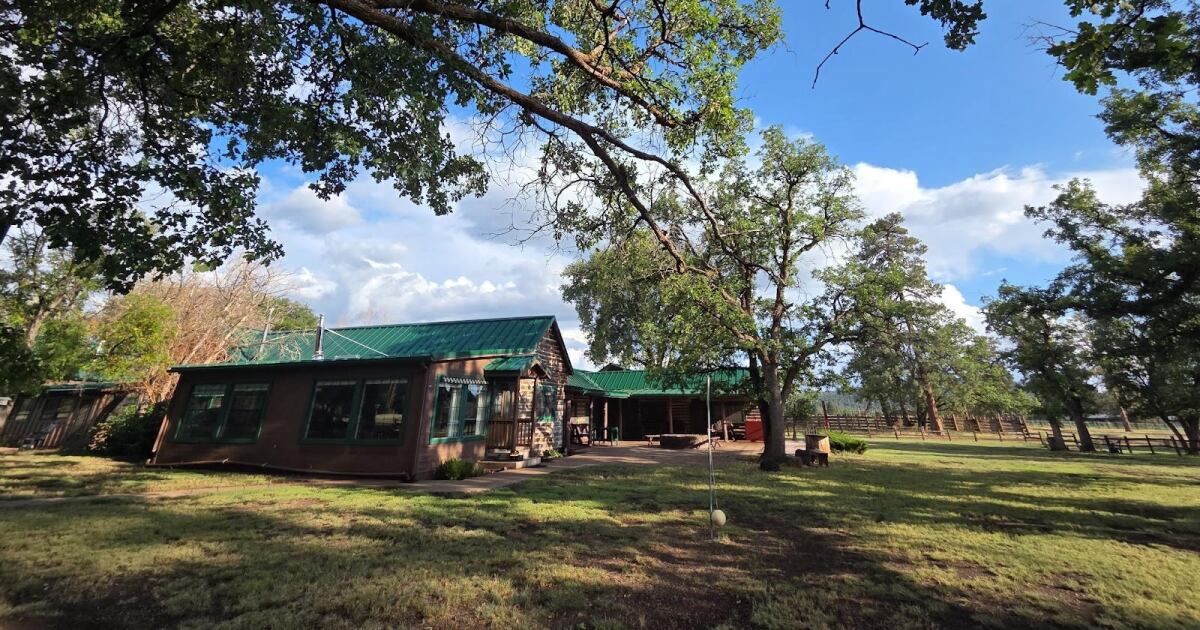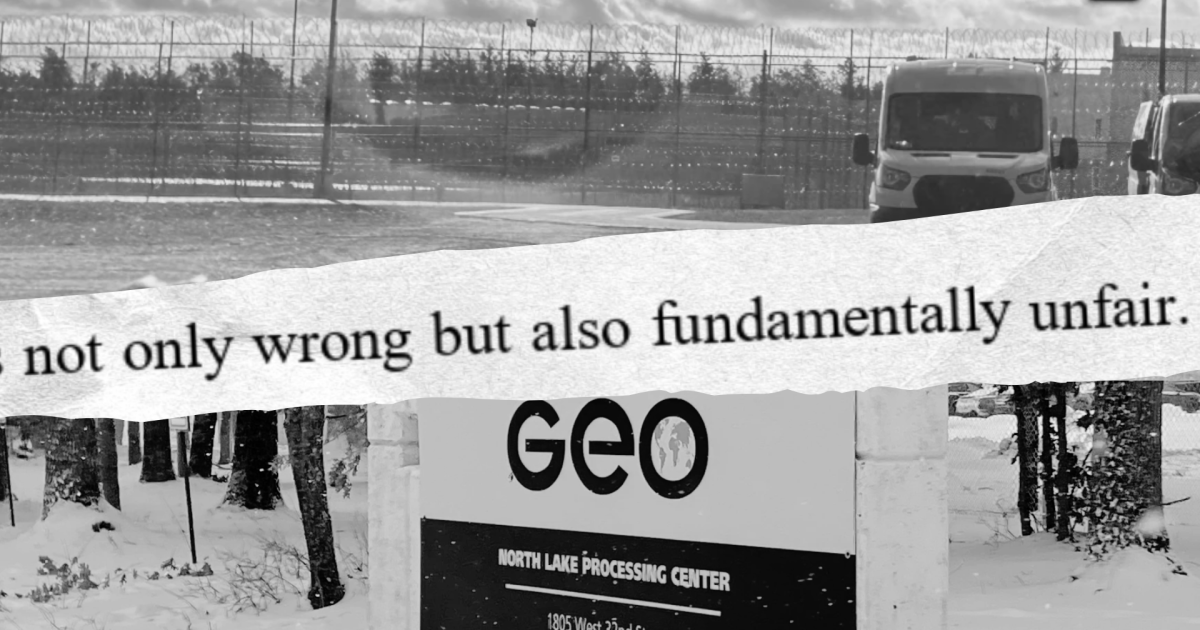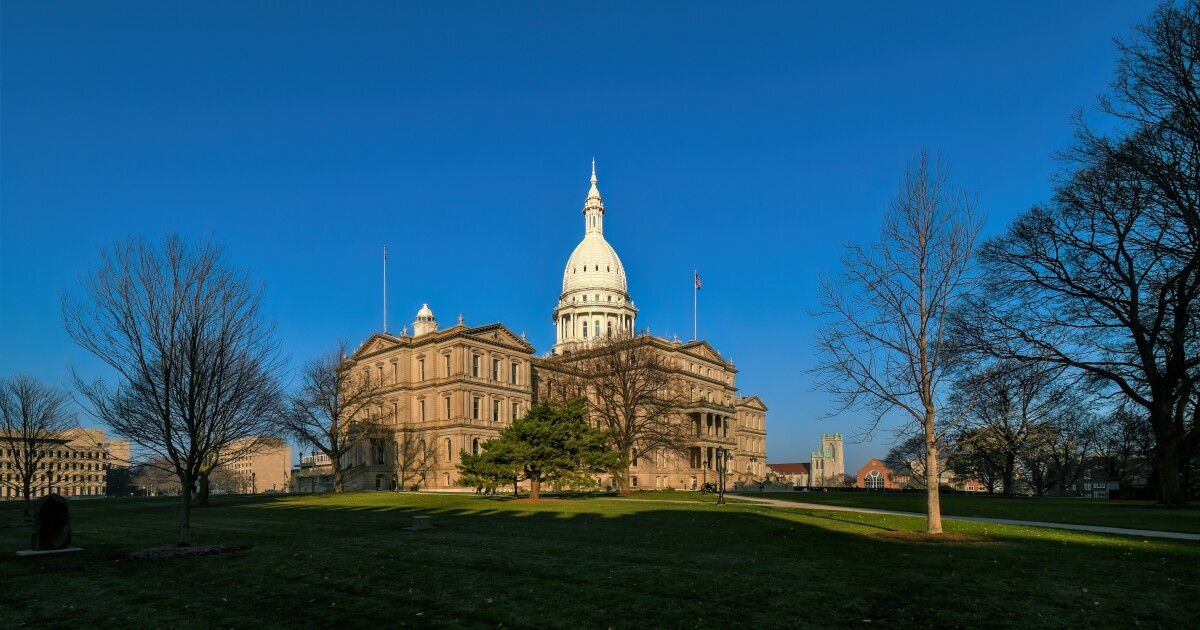As the nation approached a federal government shutdown on Tuesday, Walt Schweitzer expressed concern about two-party checks given to young grain farmers, which require the U.S. Farm Service Agency’s signature to be cashed. Farmers using crop proceeds to back FSA direct operating loans must split their checks for grain sold to local elevators. These checks remain uncashed during FSA signatory furloughs, stated Schweitzer, president of the Montana Farmers Union. Last year, 1,142 Montana farmers had FSA direct operating loans, borrowing $118.6 million for essentials like seed and fertilizer.
With the new federal fiscal year beginning Wednesday, agencies face a potential funding shortfall unless Congress agrees on a budget or short-term funding bill. By Tuesday evening, congressional Democrats blocked a budget deal, pushing for enhanced health care subsidies and reversing Medicaid cuts. Republicans have criticized these actions, accusing Democrats of exploiting the shutdown to advance unrelated policies. Speaker Brandon Ler of Montana urged Congress to adopt a resolution similar to that from the spring to avoid economic disruptions and public safety threats.
Historically, Montana politicians have faced minimal consequences for government shutdowns, gaining few concessions. Since 2013, three shutdowns occurred, with Republicans seeking concessions on issues like the Affordable Care Act, immigration, and border wall funding, often unsuccessfully. Congress has only approved a federal budget before the fiscal year four times since 1974, typically relying on short-term funding measures post-Oct. 1.
Regional government offices have largely withheld specifics on services halting, deferring to contingency plans. Agencies have not updated many plans since 2023. Here’s what happens to federal operations in Montana during a shutdown:
The U.S. Postal Service continues
Mail delivery remains uninterrupted. The USPS operates on service fees, not federal appropriations.
Social Security payments also continue
Social Security payments persist through shutdowns as they’re not reliant on annual congressional budgets. However, other services like new applications and appeals halt.
Some things pause at the U.S. Department of Agriculture
FSA will halt work unrelated to farm loans, and new loans from the Rural Development Agency will stop. Forest Service employees funded by non-general funds continue working.
Oil, gas and coal leases go on hold
The Bureau of Land Management will suspend new drilling and mining leases. Public parks may close visitor centers, suspend sanitation services, and advise using sites at one’s own risk.
Bureau of Indian Affairs operates with a skeleton staff
Essential services like law enforcement continue, but environmental oversight and trust management pause. Nearly half of the BIA’s workforce would be furloughed initially.
National Parks are in limbo
It’s uncertain if parks like Glacier and Yellowstone will remain open. Concessionaires are monitoring the situation, promising refunds if visits are canceled.
Some health care services are disrupted
Medicare and Medicaid continue, but other services face disruptions due to furloughs. Reviews of patient harm continue, but recertifications and other reviews halt.
What about the Supplemental Nutrition Assistance Program?
SNAP benefits should continue through October, but funding beyond that is uncertain. The USDA’s contingency reserves may cover costs, but WIC funding is less certain.
—
Read More Montana News

